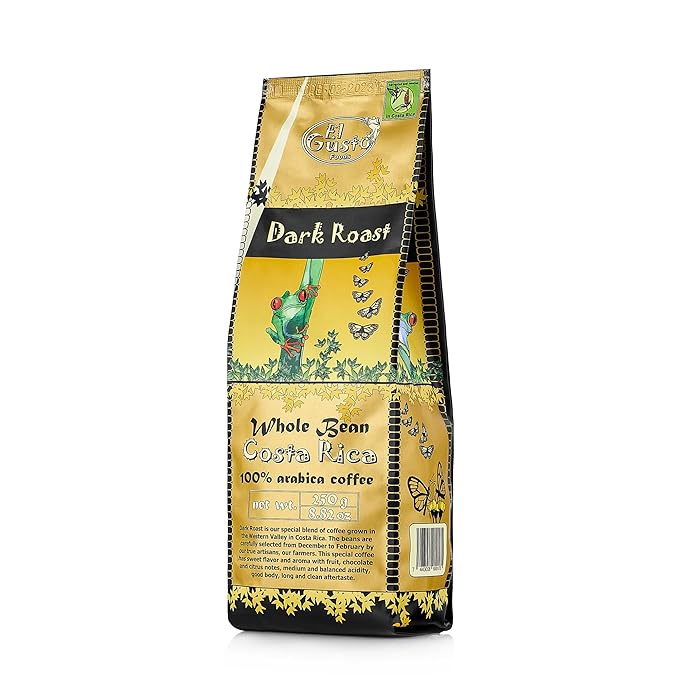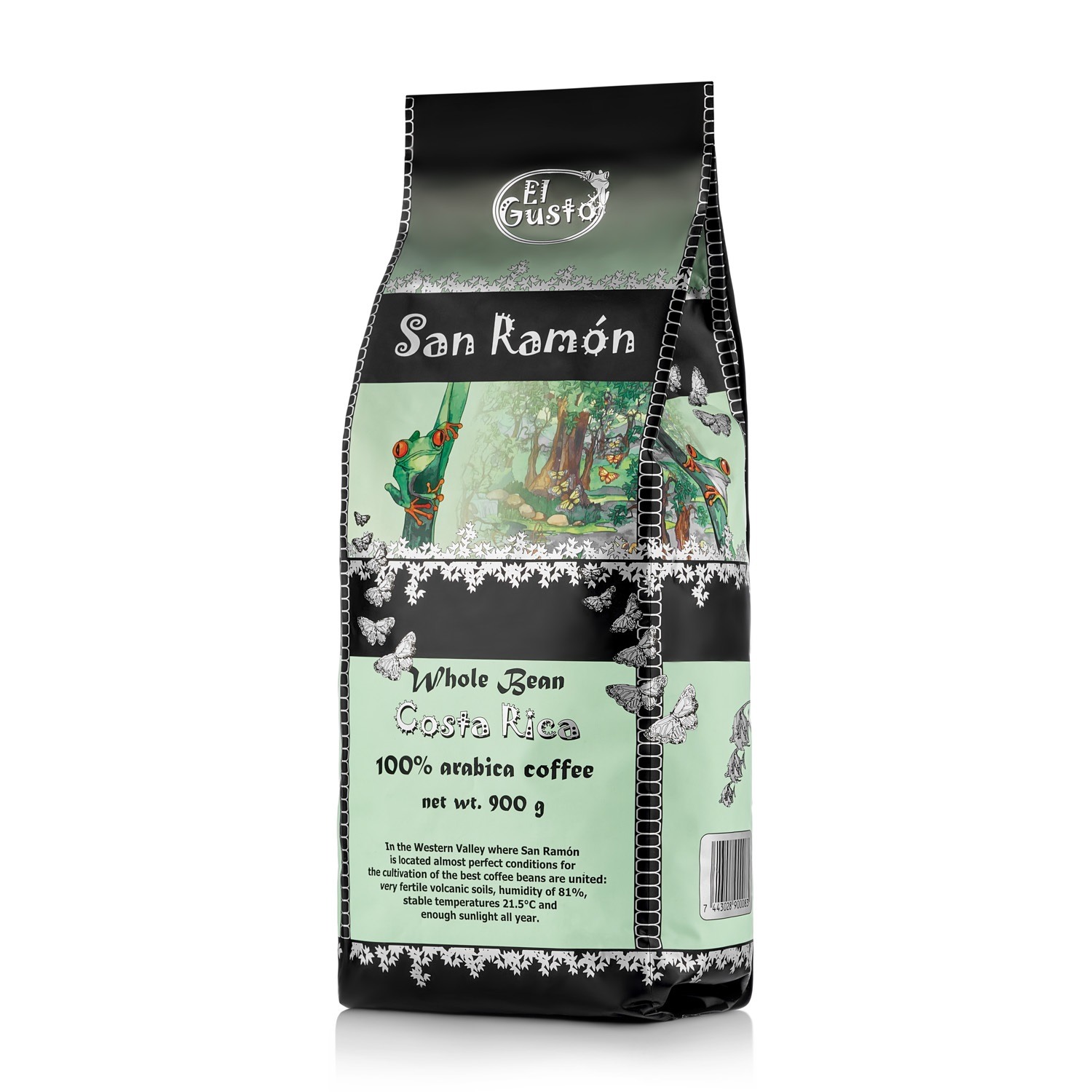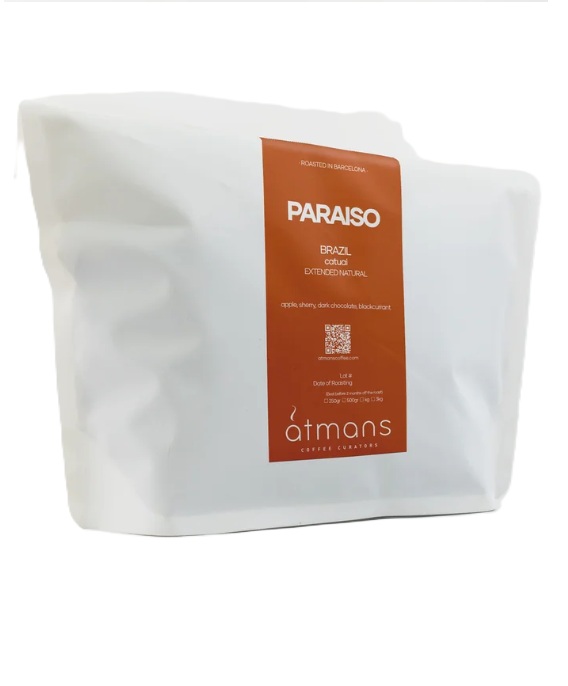
How to Store Coffee Beans for Maximum Freshness
Table of Contents
- Why Does Coffee Freshness Matter?
- Factors that Affect Coffee Bean Freshness
- Best Practices for Storing Coffee Beans
- 1. Keep Them in an Airtight Container
- 2. Store in a Cool, Dark Place
- 3. Avoid Refrigeration
- 4. Freeze Beans for Long-Term Storage
- 5. Buy Fresh, Use Fresh
- 6. Grind Only What You Need
- 7. Use a Coffee Vault or Canister
- Common Coffee Bean Storage Mistakes to Avoid
- Signs Your Coffee Beans Have Gone Stale
- Conclusion
How to Store Coffee Beans for Maximum Freshness
- Adam Smith
- 15-09-2024
- 15-09-2024
- 1398 views
- Information

If you’re serious about coffee, you know that freshness is key to getting the best flavor from your brew. Storing your coffee beans properly can make all the difference between a rich, aromatic cup of coffee and a stale, flavorless one. Understanding how to keep your beans fresh is essential for preserving their aroma, oils, and flavor profile. In this guide, we will explore the best methods for storing coffee beans to ensure that every cup you make is as fresh and flavorful as possible.
Why Does Coffee Freshness Matter?
Coffee beans are packed with volatile compounds that contribute to the aroma and flavor of your cup. Once roasted, these compounds start to break down, and the beans begin to lose their freshness. Over time, exposure to air, moisture, heat, and light can accelerate this process, leading to stale coffee.
Freshness plays a huge role in the quality of your coffee. Freshly roasted beans provide the optimal balance of flavor, acidity, and body. As the beans age, their flavor becomes muted, and they may develop a flat or bitter taste. By storing your coffee beans correctly, you can maintain their peak freshness for longer and ensure that every brew delivers the complexity and richness you’re looking for.
Factors that Affect Coffee Bean Freshness
Several environmental factors can influence the freshness of your coffee beans, including:
- Air: Oxygen causes coffee beans to oxidize, leading to a stale, flavorless brew.
- Moisture: Coffee beans are hygroscopic, meaning they absorb moisture from the air, which can lead to mold growth and flavor degradation.
- Heat: High temperatures cause the volatile oils in coffee to evaporate, which affects the flavor and aroma of the beans.
- Light: Exposure to sunlight or any bright light can break down the flavor compounds in coffee beans and cause them to go stale faster.
Best Practices for Storing Coffee Beans
1. Keep Them in an Airtight Container
Air is the biggest enemy of coffee beans. To preserve their freshness, store your beans in an airtight container. The container should be opaque to protect the beans from light. Vacuum-sealed containers are ideal, but any airtight jar or container will work as long as it prevents air from getting in.
2. Store in a Cool, Dark Place
Coffee beans should be stored in a cool, dark place. Avoid keeping them near windows, ovens, or other heat sources. Light and heat accelerate the degradation of the beans, so it’s important to keep them away from direct sunlight and high temperatures.
A pantry or cupboard away from appliances that generate heat is a good place to store coffee beans. Aim for a temperature between 60°F and 75°F (16°C to 24°C) for optimal storage.
3. Avoid Refrigeration
Many people think storing coffee beans in the refrigerator is a good idea, but this can actually do more harm than good. Coffee beans are porous and can absorb odors from other foods in the fridge. Additionally, the fluctuating moisture levels in a refrigerator can cause the beans to degrade more quickly.
4. Freeze Beans for Long-Term Storage
If you buy coffee in bulk or don’t use it often, freezing your coffee beans can help preserve their freshness. However, there are some important guidelines to follow when freezing coffee beans:
- Use an airtight, freezer-safe container: Ensure your beans are sealed in an airtight container or vacuum-sealed bag before placing them in the freezer. This will prevent moisture and freezer odors from affecting the beans.
- Freeze in small batches: When you freeze coffee beans, it’s best to portion them out into smaller quantities. This way, you can thaw only what you need and prevent exposing the rest of your frozen beans to air each time you open the container.
- Thaw before use: When you’re ready to use frozen beans, allow them to thaw at room temperature before grinding. This helps preserve the oils and flavor compounds.
5. Buy Fresh, Use Fresh
The best way to enjoy fresh coffee is to buy smaller quantities of beans and use them within 1-2 weeks of purchase. Buying freshly roasted coffee in small batches ensures that you’re always brewing with fresh beans. If you find yourself with more beans than you can use in a week or two, consider freezing some as outlined above.
6. Grind Only What You Need
Ground coffee loses freshness faster than whole beans. For the freshest taste, grind only the amount of coffee you need right before brewing. If you must pre-grind your coffee, store the ground coffee in an airtight container for up to a week. However, it’s always best to grind your coffee just before use to get the best flavor.
7. Use a Coffee Vault or Canister
Coffee vaults or canisters are designed specifically to store coffee beans. They often have one-way valves that allow CO2 to escape without letting oxygen in. This can be particularly useful for freshly roasted beans, which release carbon dioxide as they age. A coffee vault can help prolong freshness and protect your beans from air, moisture, and light.
Common Coffee Bean Storage Mistakes to Avoid
- Storing Beans in Their Original Packaging: While most coffee comes in resealable bags, they are not always airtight or lightproof. Transferring your beans to a proper storage container will help keep them fresh longer.
- Leaving Beans Out in the Open: Exposing your coffee beans to air by leaving them in an open container or bag will cause them to oxidize quickly and lose flavor. Always store your beans in a sealed container.
- Storing in Warm Locations: Avoid storing your coffee beans on countertops near ovens, toasters, or other appliances that generate heat. Heat will degrade the flavor compounds in the beans.
Signs Your Coffee Beans Have Gone Stale
Even with proper storage, coffee beans will eventually lose their freshness. Here are some signs that your beans may have gone stale:
- Dull Aroma: Fresh coffee beans have a strong, aromatic scent. If your beans lack a pleasant smell or have an off odor, they may have gone stale.
- Flat Flavor: Stale coffee lacks the complex flavors of fresh beans. If your brew tastes flat or lacks the depth of flavor you’re used to, it may be time to replace your beans.
- Bitter or Sour Taste: As coffee beans age, they can develop a bitter or sour taste due to the breakdown of oils and flavor compounds.
Conclusion
Storing coffee beans properly is essential to maintaining their freshness and ensuring a delicious cup of coffee every time. By following the best practices outlined in this guide—such as using airtight containers, storing in cool and dark places, and avoiding refrigeration—you can prolong the life of your coffee beans and enjoy their full flavor.
Remember, coffee is at its best when it’s fresh, so buy smaller quantities and grind just before brewing. For long-term storage, freezing can be an effective option if done correctly. Avoid common mistakes, such as leaving beans exposed to air or heat, and always be mindful of signs that your beans are past their prime.
By taking the time to store your coffee beans properly, you’ll always be able to enjoy a rich, flavorful cup of coffee at home, just like a barista.






















